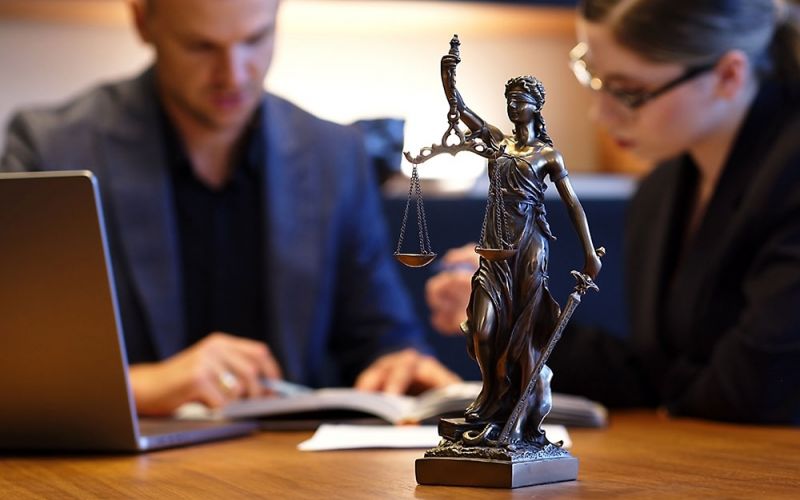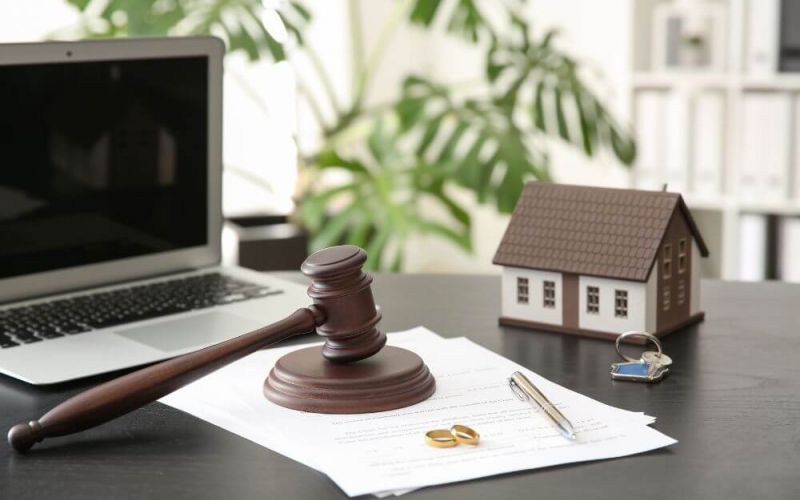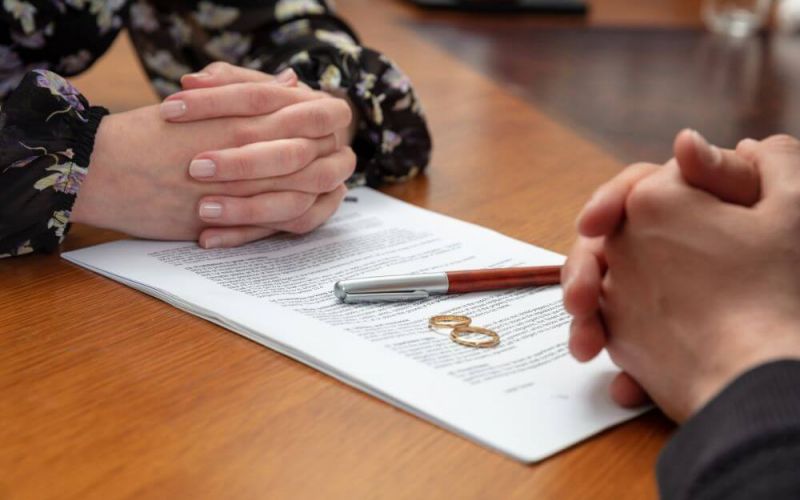
Unsuccessful Indiana Mediation Sessions: How Your Case Can Still Benefit
Increasingly in Indiana, parties to a family law case are ordered to attempt mediation prior to any final hearings.
In Marion County, any family law cases that will take more than two hours of a court’s time at a final hearing are required to attend mediation first; Johnson County has a similar requirement.
Some recently proposed child custody laws would make such requirements a statewide policy. Individual judges also have the discretion to order a case into mediation, and many judges order all of their family law cases to mediation, or at least strongly encourage it.
Being ordered into mediation discourages some clients. A commonly expressed feeling is, “Why should we pay someone a bunch of money when I can tell you that we will never agree to anything?”
But, as divorce lawyers often tell clients, mediation can help your case even if a full agreement is not rendered from the experience. Spending a day in a mediator’s office without coming to an agreement is not ideal but it can assist your case in many ways that you may not expect.
While the goal of mediation is obviously an agreement on all pending issues, you can benefit from the mediation process even if it is an unsuccessful session.
Arguments Made in Mediation
In mediation you often exchange arguments for your position while negotiating throughout the day. Thus, you are able to get a firm grasp on the other side’s main arguments that they would assert at trial. While some of this information can be ascertained through the discovery process, said arguments are often expressed in a much more cogent manner in mediation.
Additionally, the mediator is usually a neutral third party with ample experience in family law matters, and he or she will sometimes provide an analysis or evaluation of both sides’ arguments during mediation, which can be helpful in evaluating your approach for a final hearing argument.
It can be difficult to know how an unbiased individual will see the case, and mediation can provide a helpful view on that end prior to presenting evidence to another third party, the judge.
Mediation Can Keep Divorce Costs Down
It is possible to obtain a partial agreement in mediation, which consolidates the issues that have to be presented at trial. From a financial efficiency standpoint, this can assist you in preventing the preparation and presentation of unnecessary evidence.
If, for example, you agree on how to divide the retirement accounts, then you will not have to prepare exhibits and go through testimony establishing the value of the retirement accounts, why you want them divided in the way you are requesting, cross-examining the other party on their proposal, etc. This will save time for the more significant matters of disagreement, so that you can spend the precious little time you have in front of the judge on the bigger issues of contention.
Unexpected Issues
Finally, mediation allows you to determine if there are any unexpected issues that will have to be addressed at final hearing.
You may enter into mediation not knowing that the opposing party is uncomfortable with the children staying in their current school district, but once it is brought up as a concern to resolve in mediation, then you will know what arguments to prepare for a final hearing on that point.
Indiana Mediation Benefits
As the trend in Indiana moves toward encouraging mediation for all contested cases, it is important to capitalize on the mediation process in every way possible for your case in order to maximize the benefit of the time and financial expense incurred for mediation.
Giving mediation a chance can usually only help your case, and who knows, you and your ex may surprise yourselves and agree on more than you thought.

Written by Joseph E. Cordell

Joseph E. Cordell is the Principal Partner at Cordell and Cordell, P.C., which he founded in 1990 with his wife, Yvonne. Over the past 25 years, the firm has grown to include more than 100 offices in 30 states, as well as internationally in the United Kingdom. Mr. Cordell is licensed to practice in the states of Illinois and Missouri and received his LL.M. from Washington University in St. Louis, Missouri. Joseph E. Cordell was named one of the Top 10 Best Family Law Attorneys for Client Satisfaction in Missouri.

Indiana Resource Articles



















